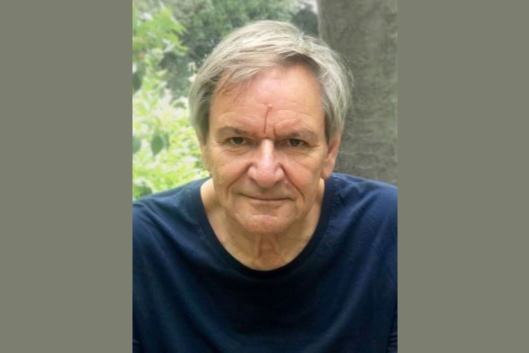
Speaker
Matthias Scheffler
Abstract:
Artificial intelligence (AI) may capture the properties and functions of materials better than previous theoretical/computational methods because it targets correlations and does not assume an underlying physical model. However, the statistical analysis and interpretation require careful attention.
In this talk I will discuss recently developed, explainable AI methods [1,2] and applications [3-5] that combine detailed, consistent experimental data (called "clean data") with theoretical data for the identification of "rules" that determine the properties and functions of materials. These "rules" depend on descriptive parameters, called "materials genes". In analogy to genes in biology they are correlated with a certain material property or function. Thus, these materials genes help the identification of materials that are, for example, better electrical conductors or better heat insulators or better catalysts.
(*) Work done in collaboration with Lucas Foppa, Thomas Purcell, et al.
1. B.R. Goldsmith, M. Boley, J. Vreeken, M. Scheffler, and L.M. Ghiringhelli, Uncovering structure-property relationships of materials by subgroup discovery. New J. Phys. 19, 013031 (2017); https://doi.org/10.1088/1367-2630/aa57c2
2. R. Ouyang, S. Curtarolo, E. Ahmetcik, M. Scheffler, and L.M. Ghiringhelli, SISSO: a compressed-sensing method for identifying the best low-dimensional descriptor in an immensity of offered candidates . Phys. Rev. Mat. 2, 083802 (2018); https://doi.org/10.1103/PhysRevMaterials.2.083802
3. L. Foppa, L.M. Ghiringhelli, F. Girgsdies, M. Hashagen, P. Kube, M. Hävecker, S. Carey, A. Tarasov, P. Kraus, F. Rosowski, R. Schlögl, A. Trunschke, and M. Scheffler, Materials genes of heterogeneous catalysis from clean experiments and artificial intelligence. MRS Bulletin 46 (2021); https://doi.org/10.1557/s43577-021-00165-6
4. L. Foppa, C. Sutton, L. M. Ghiringhelli, S. De, P. Löser, S.A. Schunk, A. Schäfer, and M. Scheffler, Learning design rules for selective oxidation catalysts from high-throughput experimentation and artificial intelligence. ACS Catalysis 12, 2223 (2022); https://doi.org/10.1021/acscatal.1c04793
5. T. Purcell, M. Scheffler, L. M. Ghiringhelli, C. Carbogno, Accelerating Materials-Space Exploration by Mapping Materials Properties via Artificial Intelligence: The Case of the Lattice Thermal Conductivity. Submitted for publication; https://arxiv.org/pdf/2204.12968.pdf